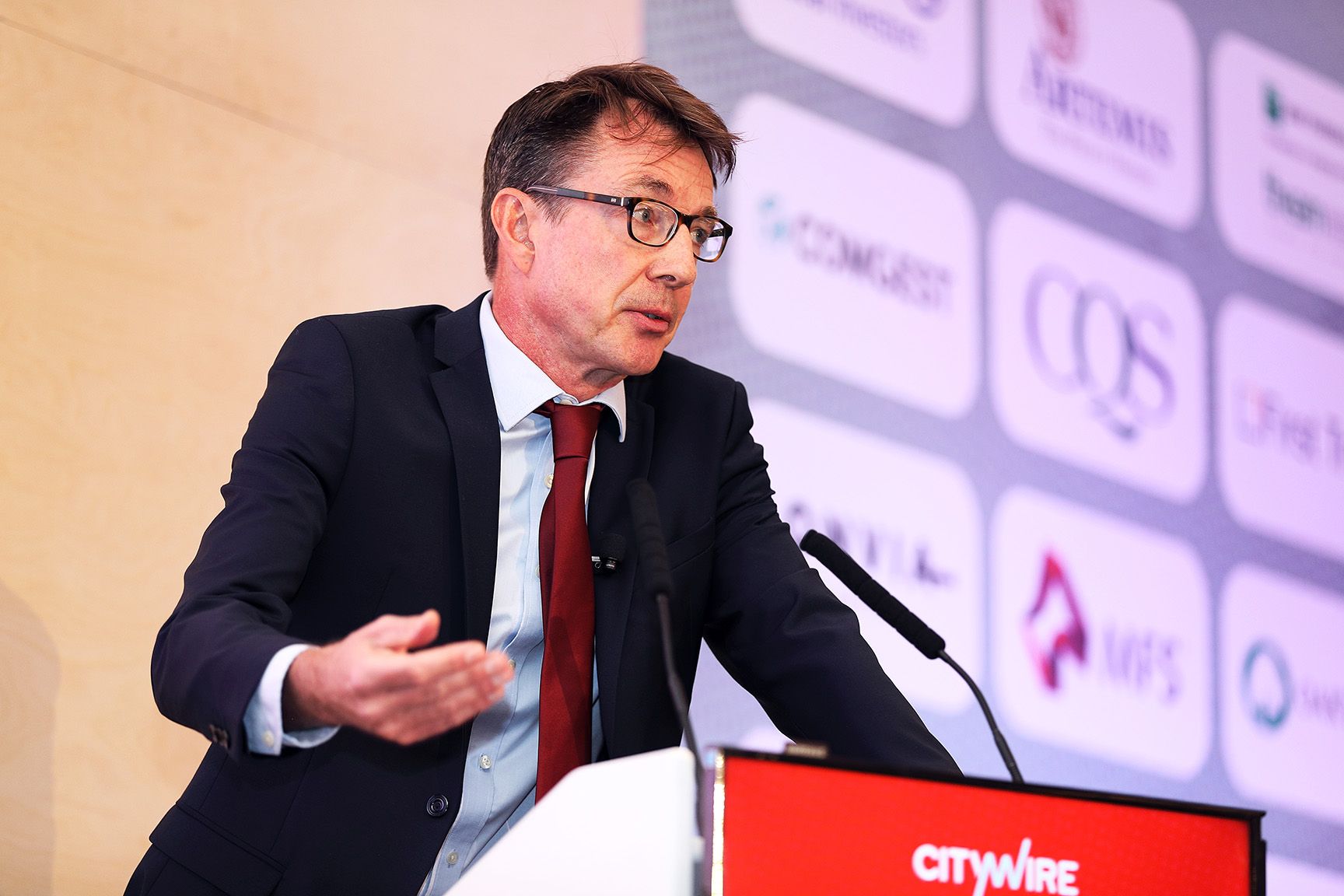Geostrategy for Decision-Makers
Flipping the Geostrategic Script: Capturing Alpha in an Uncertain World. Mark Brolin provides the bias-aware architecture and geostrategic signal necessary for boards and executive teams to outdistance the competition by interpreting risk before it hits the P&L.
What clients gain
- • Earlier signals - separated from headline noise
- • Bias-resistant judgement - clearer priorities and timing
- • Decision-ready implications - risk and opportunity

Media & Insights
The Telegraph
The cognitive bias that allows Putin's crumbling regime to dominate the West
Future historians will wonder how Russia was able to intimidate the most powerful military alliance ever. The answer lies in institutional and cognitive biases.
So what? The misreading of Russia, a country in much underestimated decline, negatively impacts both security and economic assessments.
CNN News-18
The US-India trade deal
The US-India trade deal can be seen as a continuation of deeper integration which has been ongoing for decades. The recent trade war will be seen by historians as a temporary blip.
So what? Perceptions are still lagging behind how India is reshaping the geopolitical map more than any other country on the planet.
The Telegraph
How short term noise often makes nonsense of both the US and European analysis
It is long overdue to think beyond Trump. The US capacity for reinvention is ultimately why Europe is in much greater long term trouble than the US.
So what? Political theatrics matter little in the long run, yet continue to dominate both mainstream political and economic analysis. This is a risk as well as an opportunity.
Signal vs Noise
What actually changes decisions - and what doesn't
In volatile periods, the challenge isn't lack of information - it's mis-weighting it. Below are examples of how to distinguish between surface-level information and the signals that genuinely affect strategy, risk and policy choices.
Noise
"Each new crisis proves the world is falling apart."
Signal
We are in a transition phase. Structural shifts in energy security, industrial policy, technology controls and alliances matter far more than episodic shocks.
Noise
"Russia's aggression proves strength and expanding dominance."
Signal
Outcomes are shaped by constraints - sanctions durability, military capacity, fiscal depth and alliance cohesion.
Noise
"Election drama will fundamentally change everything."
Signal
Institutional constraints and implementation timelines determine what policies actually stick.
Noise
"Tariffs or sanctions announced today will immediately reshape trade."
Signal
Enforcement, coordination and workarounds determine real economic impact.
Noise
"AI will disrupt entire industries overnight."
Signal
Adoption speed, regulation, compute access and organisational capability drive outcomes.
This signal-first approach underpins Mark's briefings and keynotes - helping leaders prioritise earlier, make more proportionate risk assessments, and translate geopolitical change into practical decisions.
Keynotes & Services
Mark delivers keynotes and briefings that translate geopolitics into decision-ready implications. Focus areas include signal vs noise, strategic implications, and risk assessment.
For speaking engagements and advisory services, see Services/Contact.
Risk Assessment Framework
Mark works with leadership teams, boards and policy stakeholders across sectors and regions, providing concise briefings that cut through complexity and focus on what truly changes decisions.